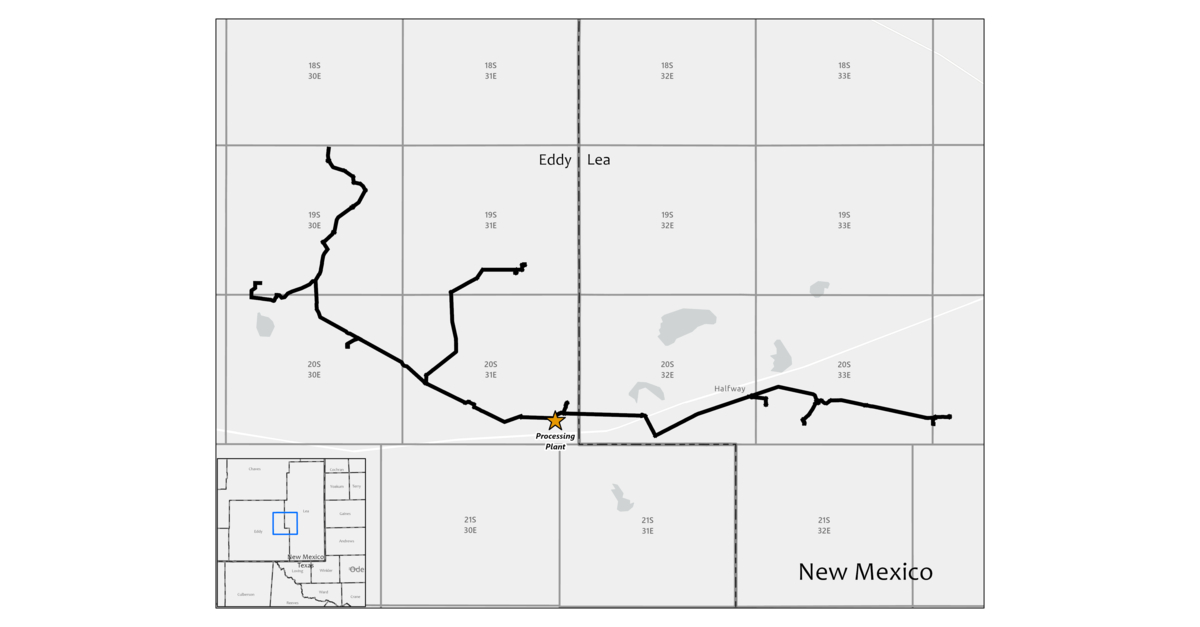- Merrill Lynch reported a significant increase in client alternative investments compared to a year ago.
- Bank of America’s wealth management business has aggressively expanded this team.
- At large wealth managers, a wide range of these investment options become table stakes.
Merrill Lynch Wealth Management clients have been pouring money into investments such as private equity and venture capital, the company’s chairman told reporters on Monday, as they searched for alternatives to stocks and obligations.
Bank of America’s wealth management business saw a 40% increase to some $71 billion in alternative assets under management from a year earlier. Merrill Chairman Andy Sieg said the firm, which oversees $3.1 trillion in total client balances in March, is investing in its alternative investment capabilities.
Sieg said Merrill has hired about 50 staff since the fall who specialize in non-traditional assets, such as staff who do investment due diligence or specialize in product creation. The dedicated team now has a total of 150 employees, a spokesperson said.
“This puts us in a position to onboard and launch new funds at a higher pace,” Sieg said Monday after Bank of America announced its quarterly income results.
The company’s alternative assets under management have grown in recent years alongside growth in the private equity and debt markets. Private market assets under management hit an all-time high of $9.8 trillion in 2021, according to McKinsey figures released last month.
Last fall, the company said it was adding new alternative investment options and resources for its financial advisors to try to retain employees, Insider reported at the time. A few weeks later, Merrill lowered the minimum amount required for eligible accredited clients to invest in some of those assets such as private equity funds.
A Merrill spokesperson said that in the first quarters of 2019, 2020 and 2021, the company oversaw approximately $38 billion, $47 billion and $51 billion of those assets, respectively. Merrill’s overall customer balances fell by a record $3.2 trillion in the fourth quarter.
“The alternative industry has come a long way over the past five years in terms of developing new products and capabilities better suited to retail investors. At the same time, we have expanded our capabilities to be able to support these products more fully, “like integrating them more simply into performance reports,” Sieg said Monday.
At top wealth management firms such as Merrill, Morgan Stanley Wealth Management and UBS Global Wealth Management, a healthy menu of such investment options is becoming table stakes. UBS clients had approximately $150 billion in assets invested in private markets at the end of 2021, according to filings.
These companies are not only in competition with each other. They compete with a slew of well-funded startups like iCapital, Yieldstreet, and Masterworks aiming to get alternatives into the hands of more investors.
With a volatile US stock market that has been rocked by geopolitical uncertainty this year with Russia’s invasion of Ukraine and rising interest rates, private market valuations have not been on the upswing. shelter from the storm. But Sieg noted that in the turbulent market environment, allocations to alternatives — which tend to operate independently of public markets — have helped diversify portfolios.











